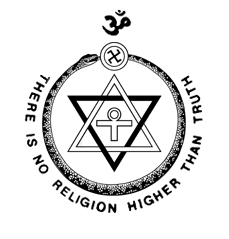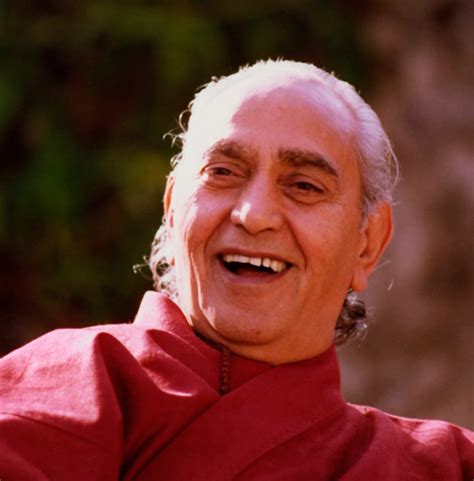A Quote by Kenny Smith
Always, a form of self-equilibration, a soul or psyche, is trying to assert itself, to continue the melody of its self-realized life.
Related Quotes
What exists in truth is the Self alone. The world, the individual soul and God are appearances in it. Like silver in mother-of-pearl, these three appear at the same time and disappear at the same time. The Self is that where there is absolutely no 'I thought'. That is called 'Stillness'. The Self itself is the world; the Self itself is 'I'; the Self itself is God; all is Siva, the Self.
The student should bear in mind that the very essence of consciousness is constantly to identify itself with the Not-Self, and as constantly to re-assert itself by rejecting the Not-Self. Consciousness, in fact, consists of this alternating assertion and negation - "I am this" - "I am not this." Hence consciousness is, and causes in matter, the attracting and repelling that we call a vibration.
All beings exist in an invisible state and then come to a state of visibility. Change occurs only on the surface, for the self-existent glory remains unchanged; changing form does not affect the self-existent Reality. Atman, Soul or the Self, dwells in all that is perishable, yet it remains imperishable.
Human cultures are all experiments in trying to find a form that will fit the matter of our immediacy; but it is absolutely not the case that all such experiments are of equal merit or value. Some cultures - and modernity is patently one - have managed to transmute consciousness into the "disease" that Nietzsche called it, the self-affliction of a self-centeredness that has purged itself of all vestiges of wisdom and value.
In early psychoanalytic thought, narcissism was - and still, of course, is - self-love. The early psychoanalysts used to talk of libido directed at the self. That now feels a little quaint, that kind of language. But it does include the most fierce and self-displaying form of one's individual self. And in this way, it can be dangerous. When you look at Donald Trump, you can really see someone who's destructive to any form of life enhancement in virtually every area. And if that's what Fromm means by malignant narcissism, then it definitely applies.
If the denial of death is self-hatred, as it is to deny our freedom and live in fear of death (which is to say, to live in a form of bondage), then the acceptance and affirmation of death is indeed a form of self-love. But I'd want to make a distinction between a form of self-love which is essential to what it means to be human, and a narcissism of self-regard, like Rousseau's distinction between amour de soi and amour propre, self-love and pride.


































